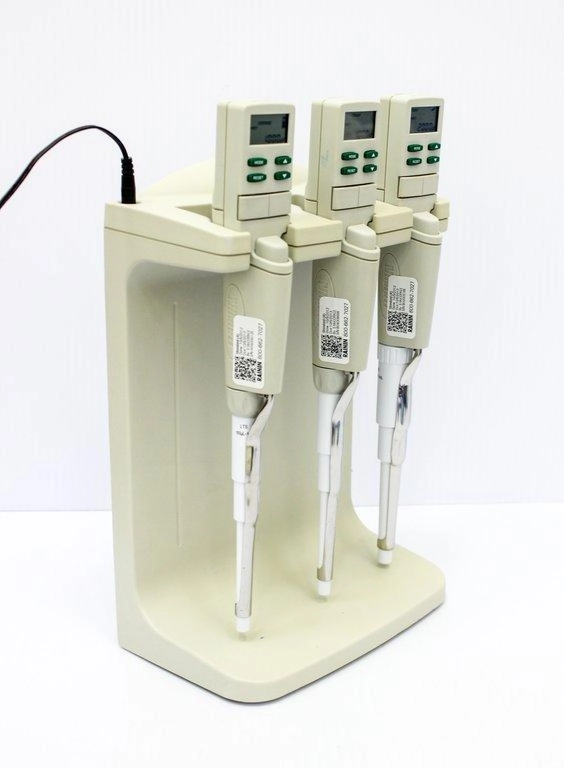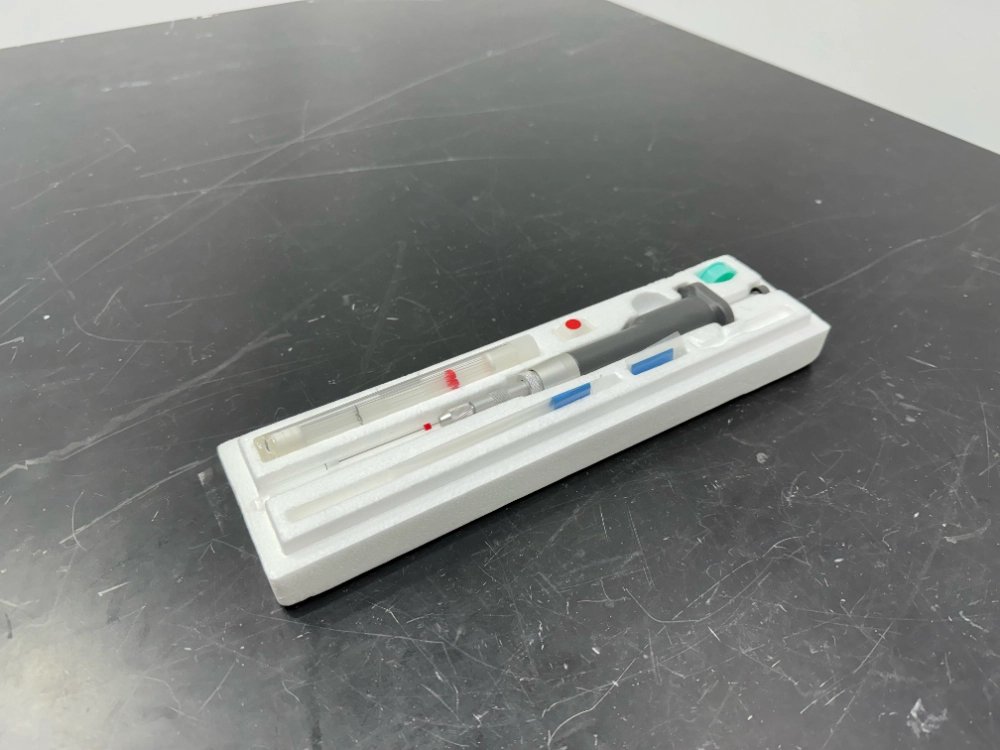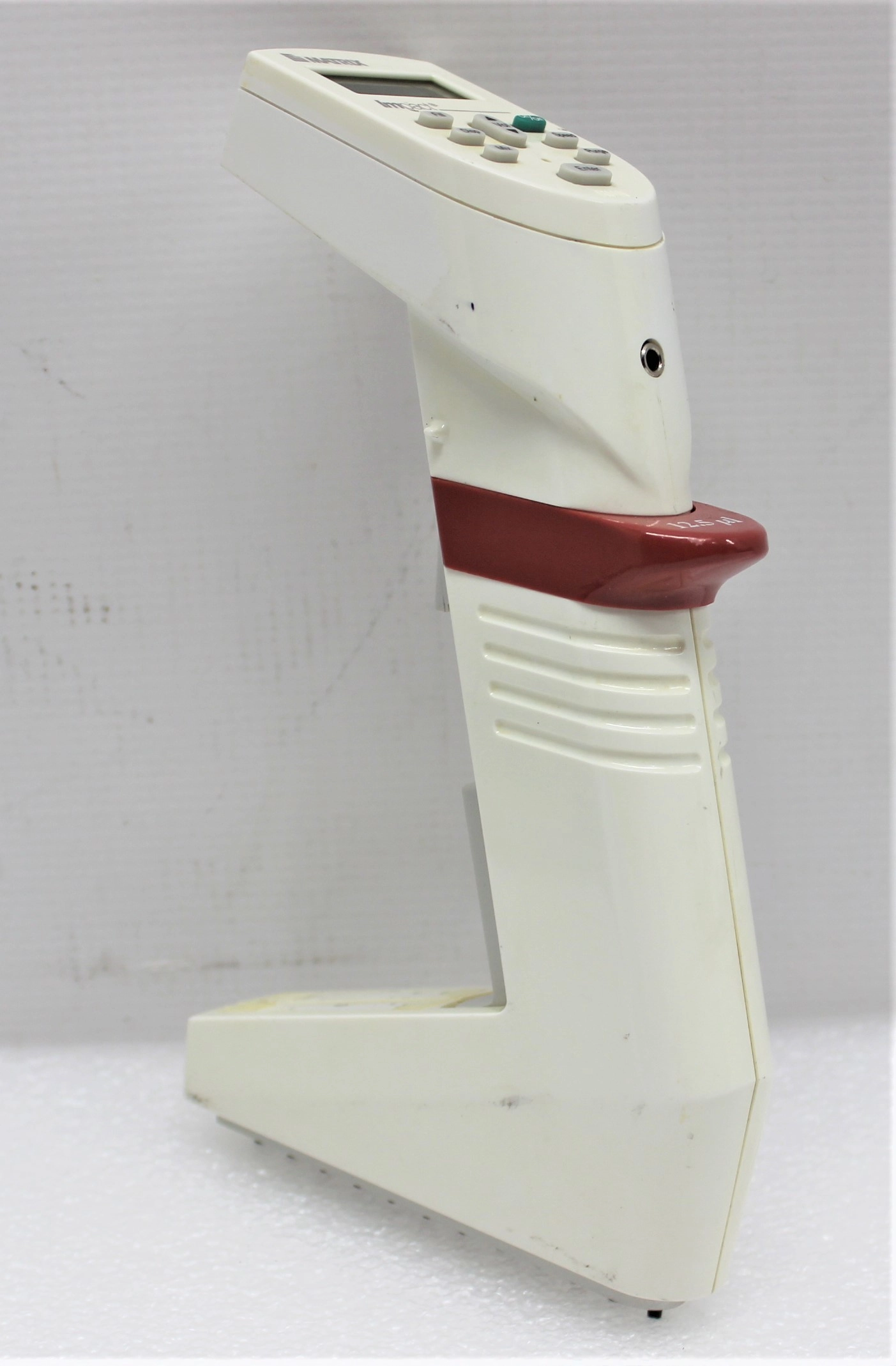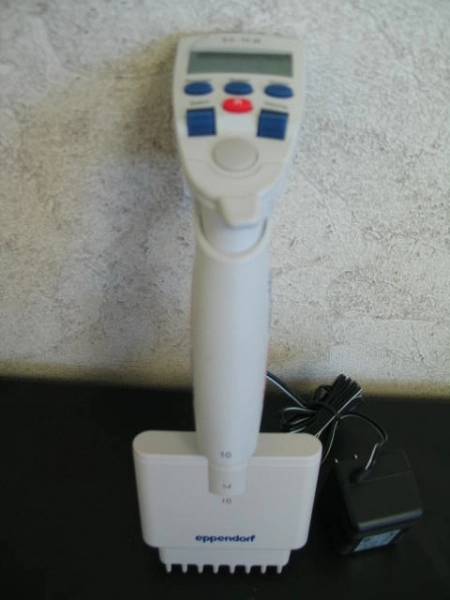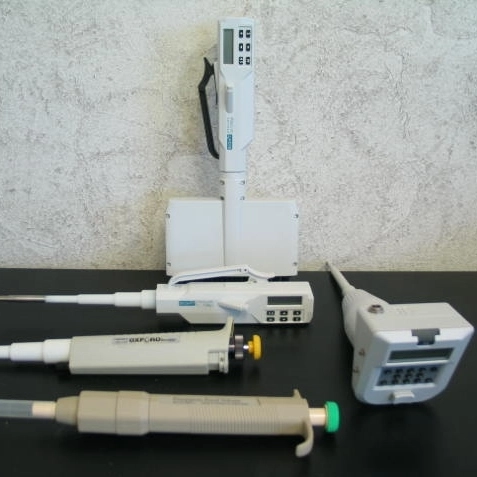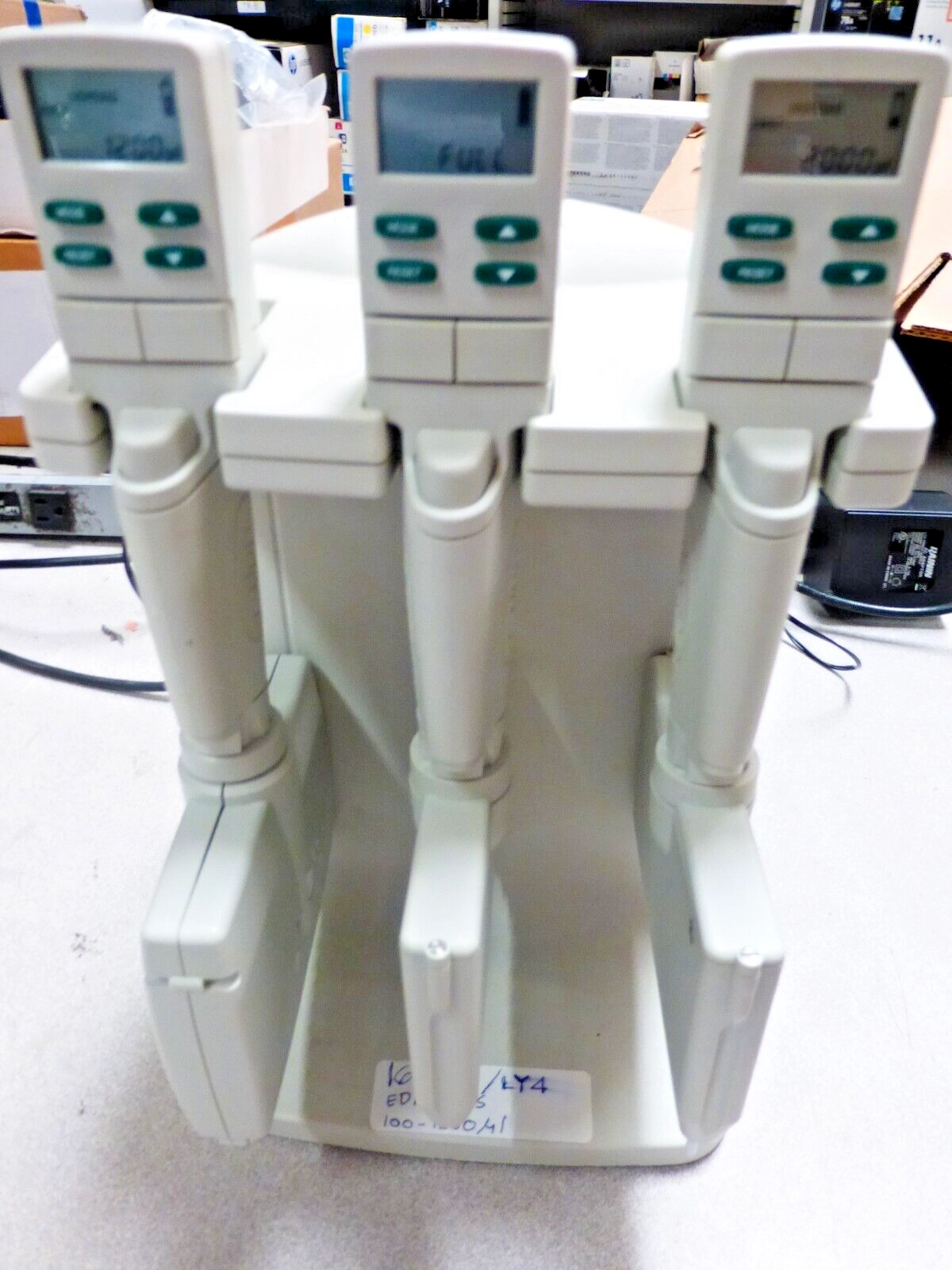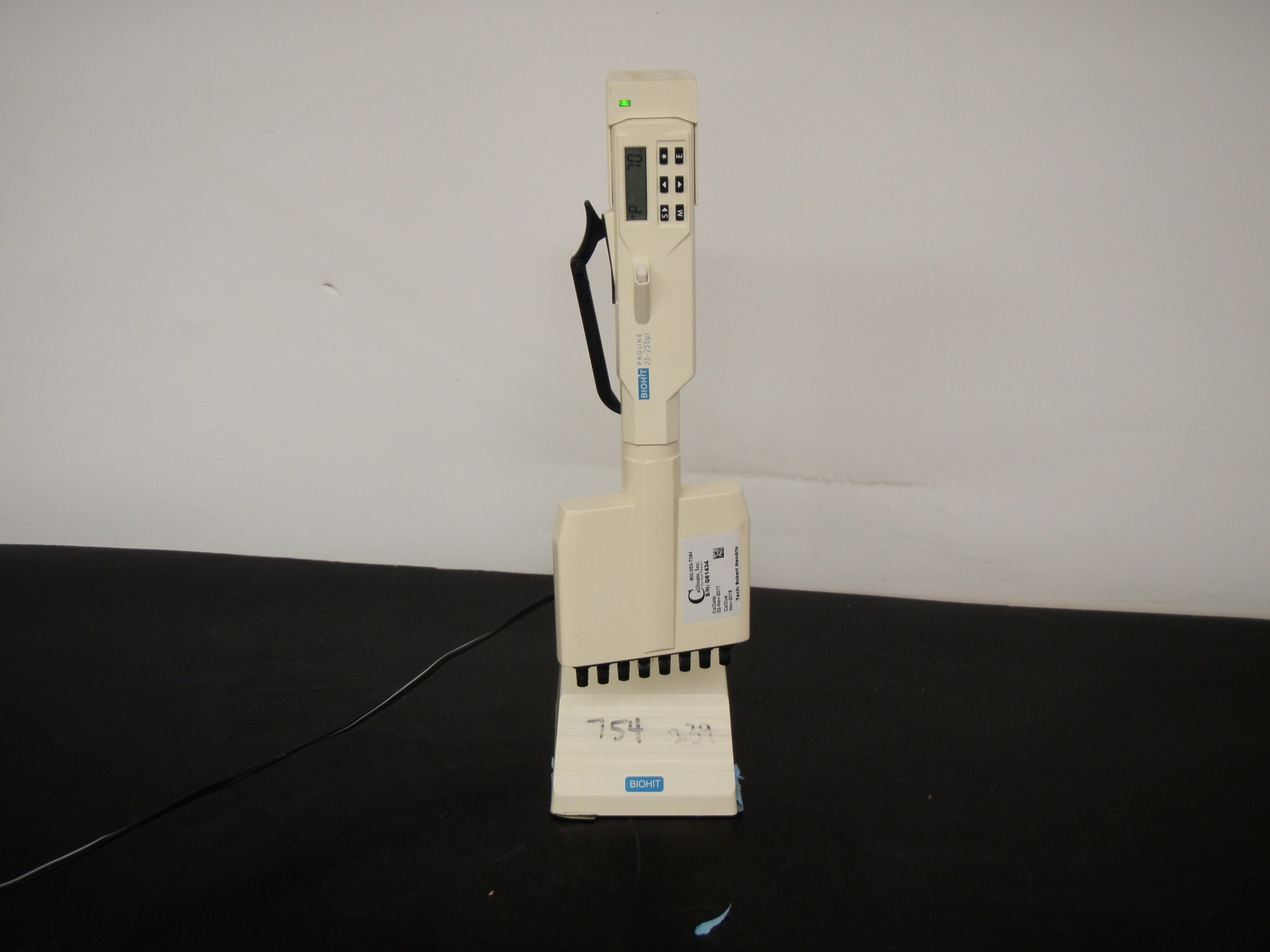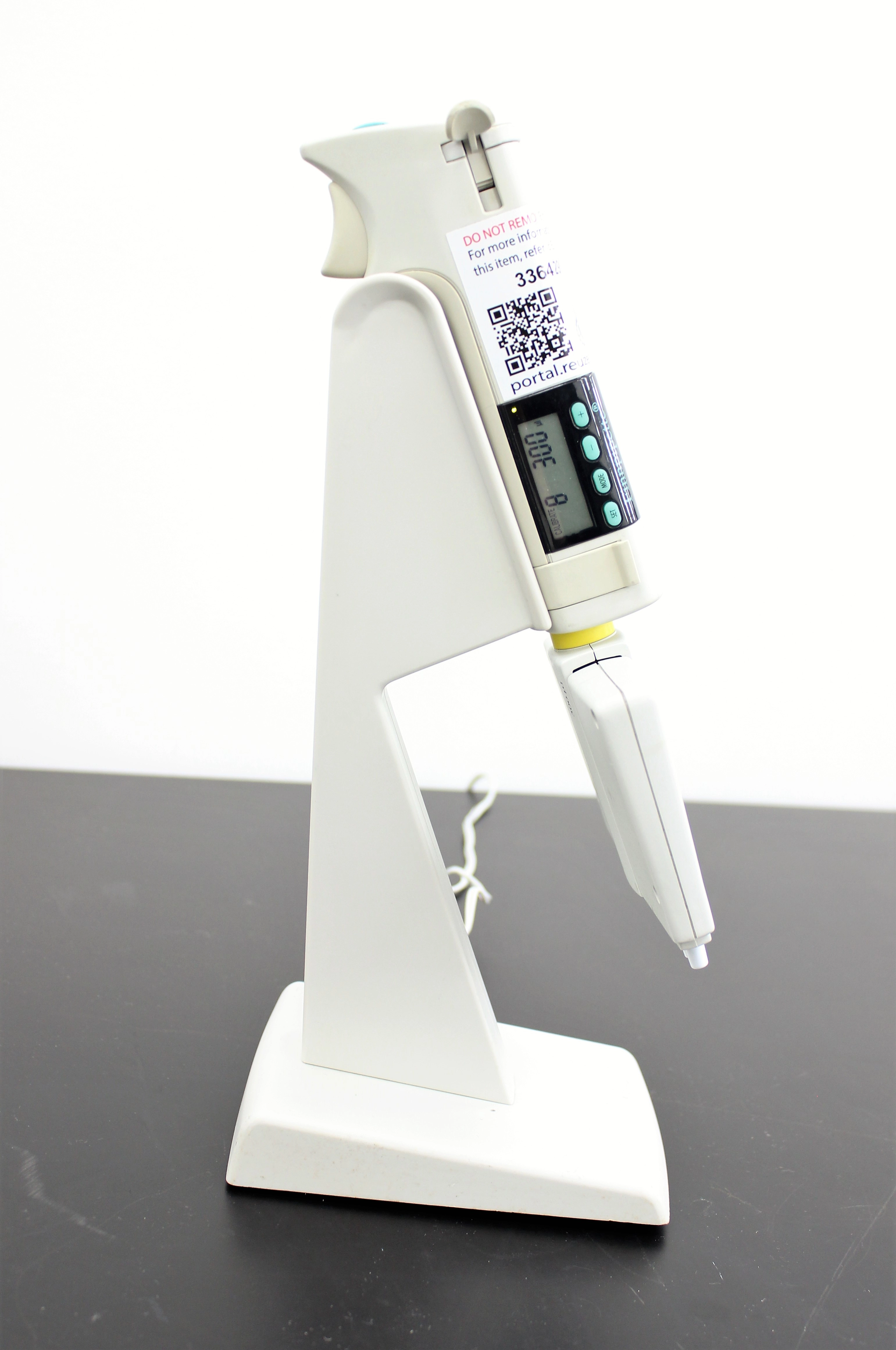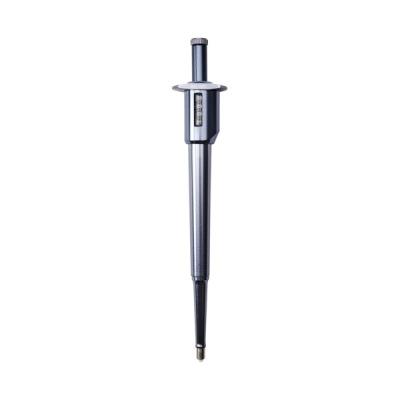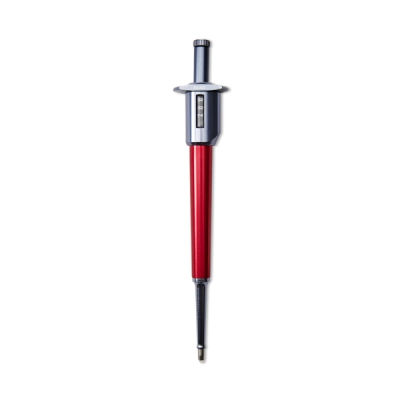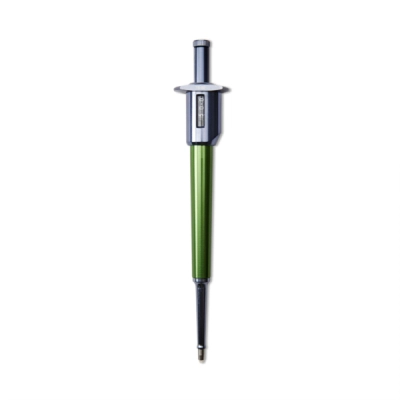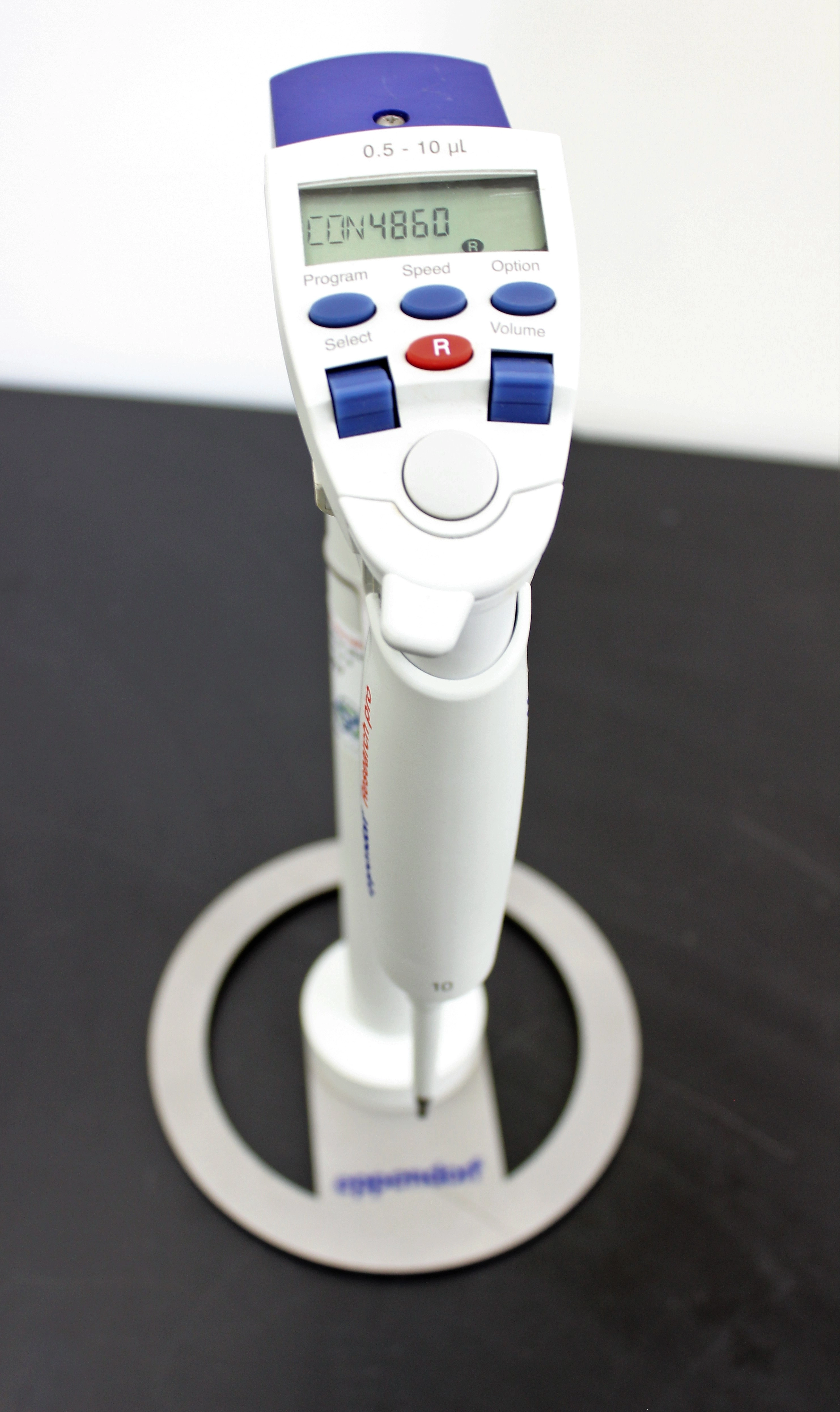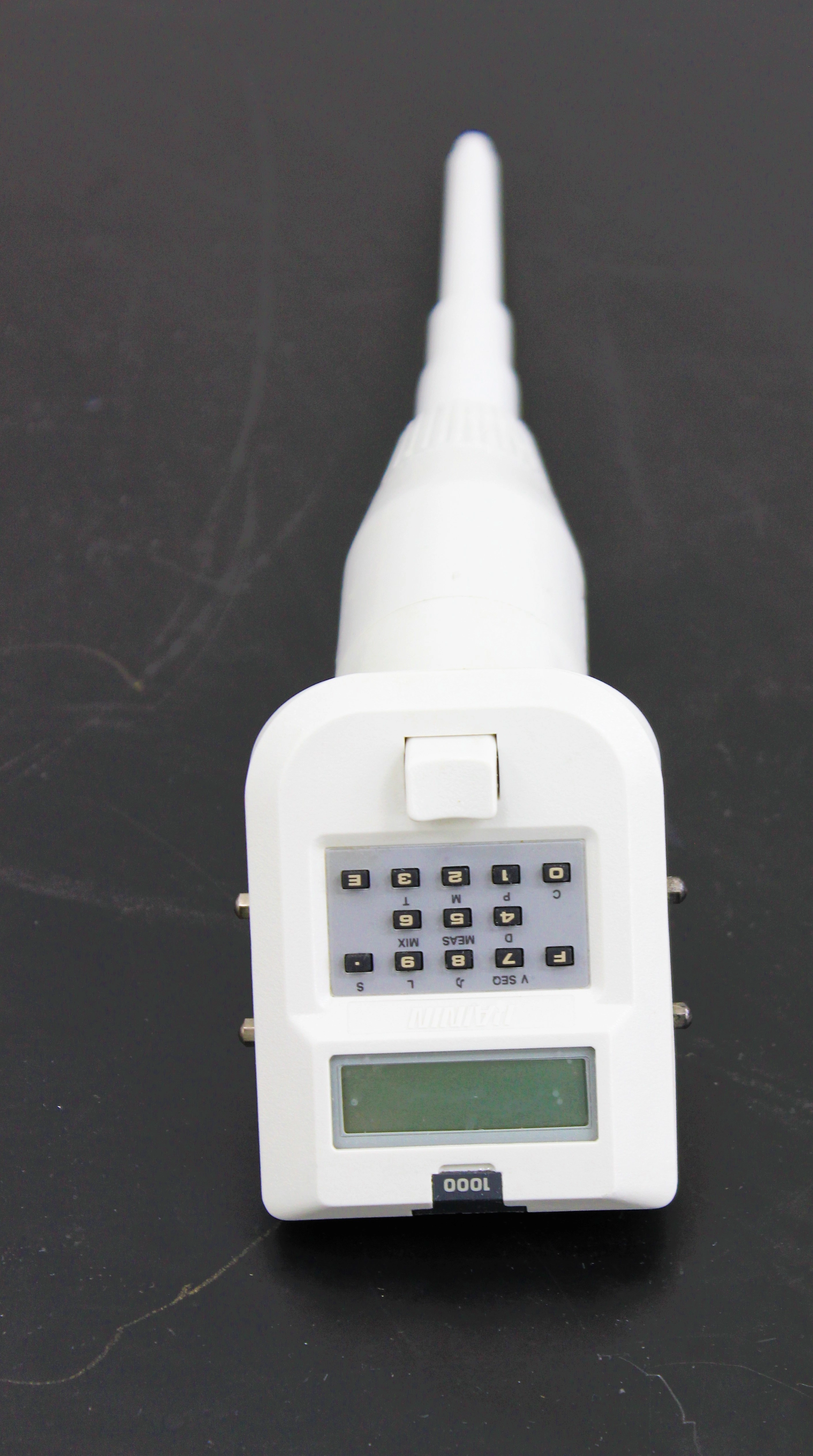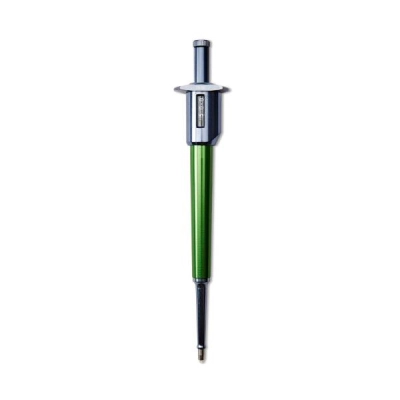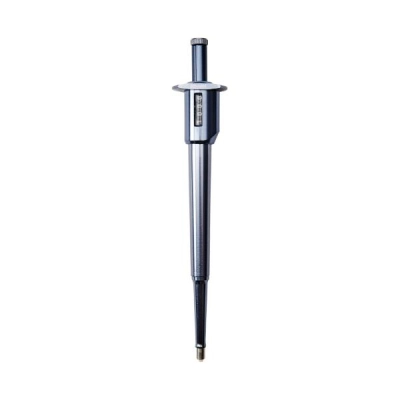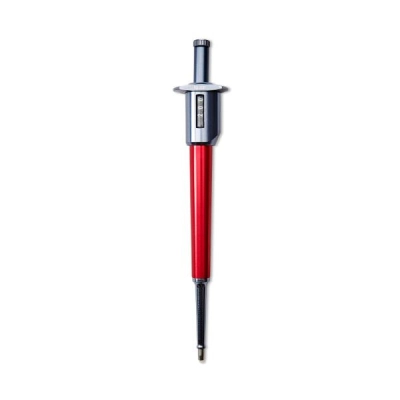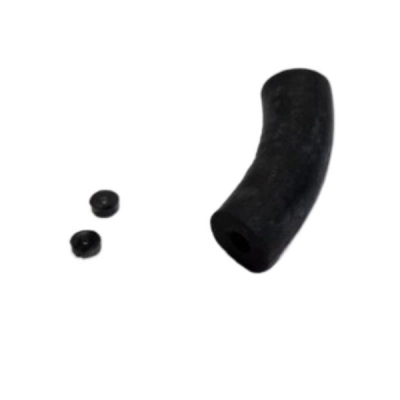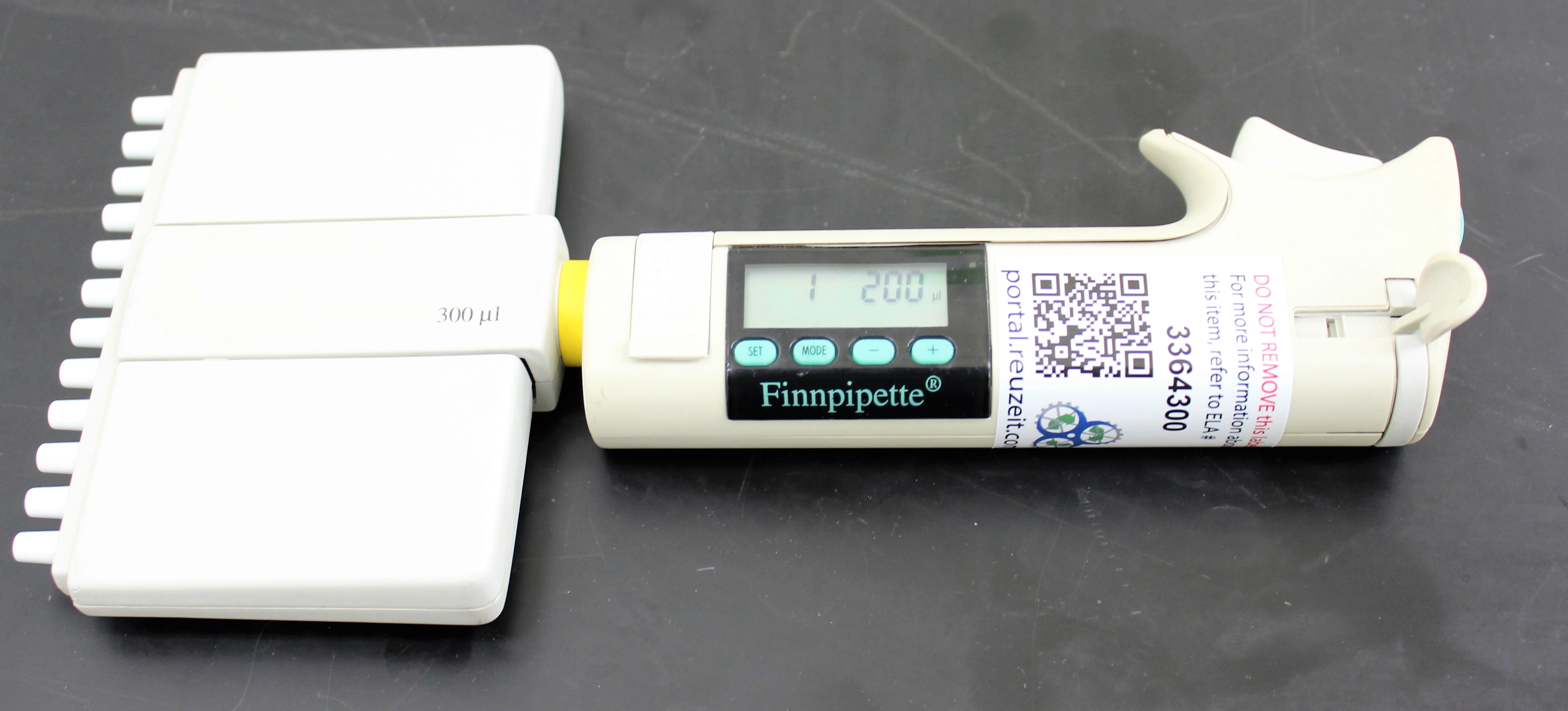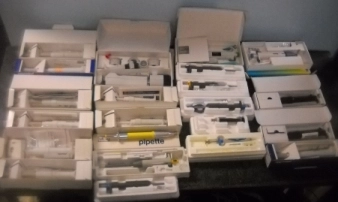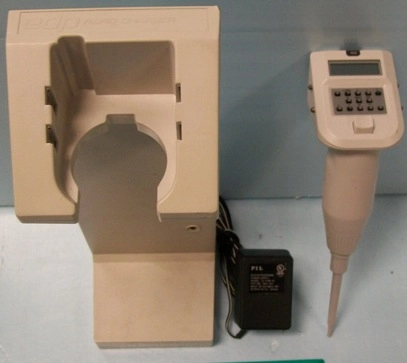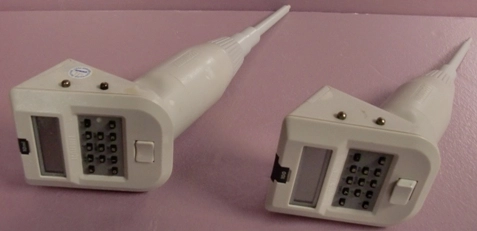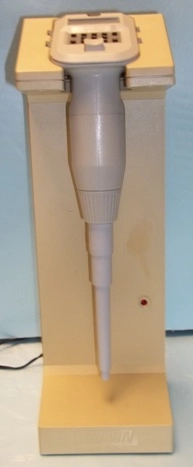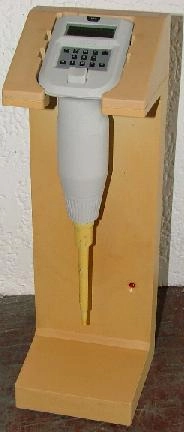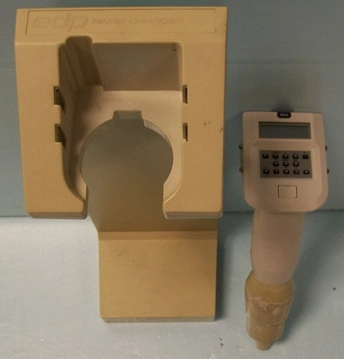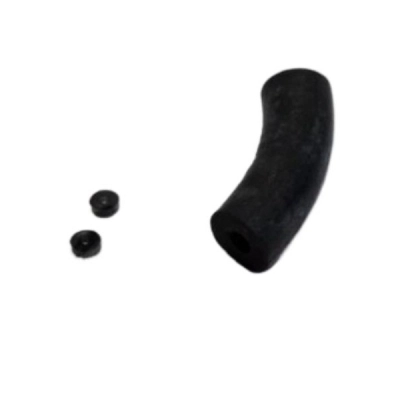Digital pipettes are advanced laboratory tools designed for precise and efficient liquid handling. These devices are commonly used in molecular biology, biochemistry, and other life sciences fields. Here are some key features and specifications of digital pipettes:
Volume Range: Digital pipettes are available in a variety of volume ranges to suit different experimental needs. For instance, the Fisherbrand Finnpipette II offers models ranging from 0.2 µL to 10 mL, covering small to large volume requirements.
Accuracy and Precision: These pipettes ensure high accuracy and precision, with digital readouts displaying the set volume. The digital display minimizes user error, providing reliable and reproducible results.
Ergonomics: Many models, such as the Biologix dPette, feature ergonomic designs to reduce user fatigue. They often include features like lightweight construction, comfortable grips, and easy-to-use controls.
Sterility: Digital pipettes like the Thermo Scientific Nunc are autoclavable, ensuring sterility and reducing the risk of contamination in sensitive applications.
Battery and Charging: Most digital pipettes are powered by rechargeable lithium-ion batteries, providing extended usage between charges. Charging accessories, such as cords and bases, are typically included.
Durability: The construction of digital pipettes often includes durable materials such as polystyrene or stainless steel, enhancing longevity and resistance to chemicals.
Additional Features: Advanced models may include features like multiple dispensing speeds, motor-driven operation, and built-in error control to enhance performance and ease of use. For example, the Biologix dPette offers three aspiration/dispensing speeds and a motor drive system.

